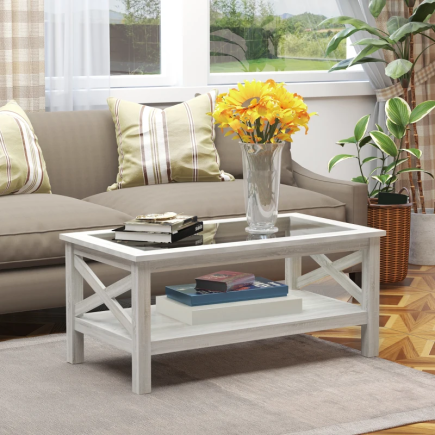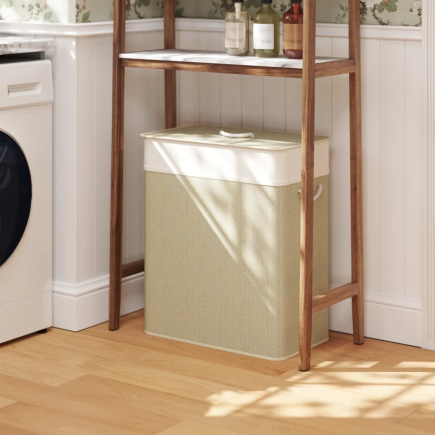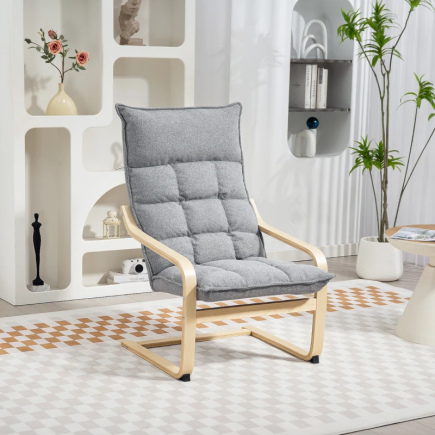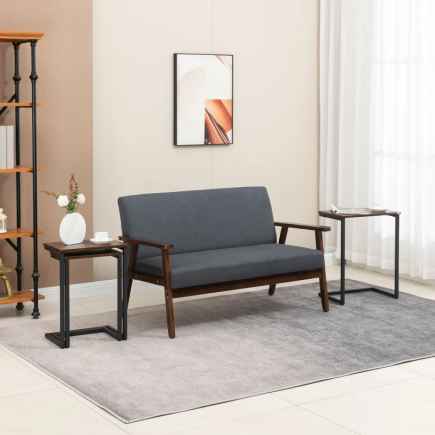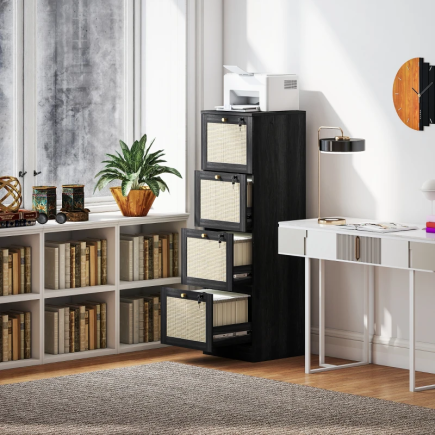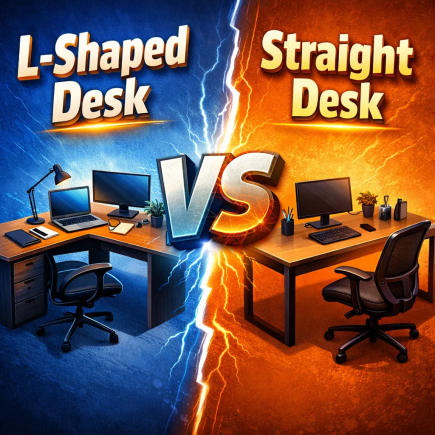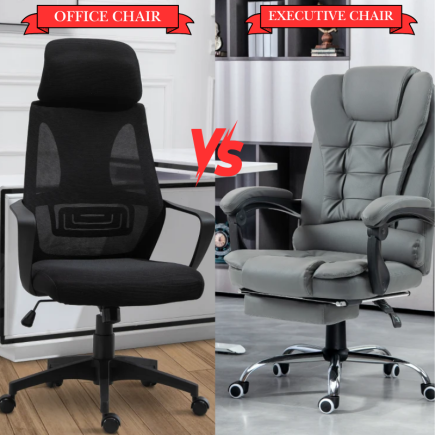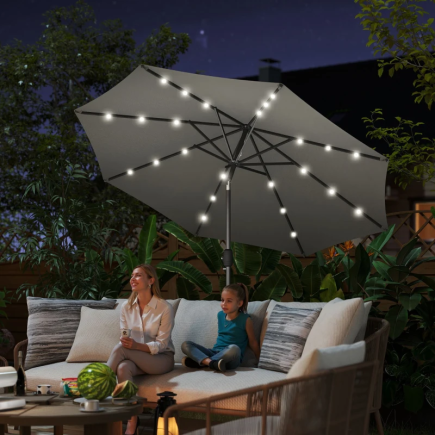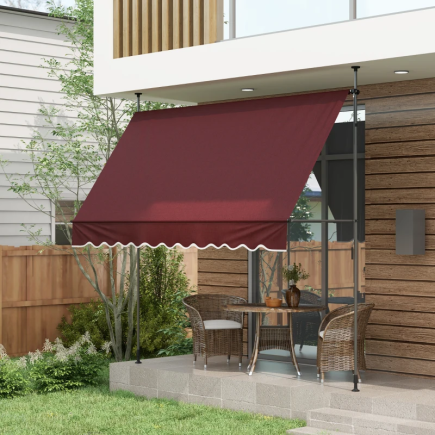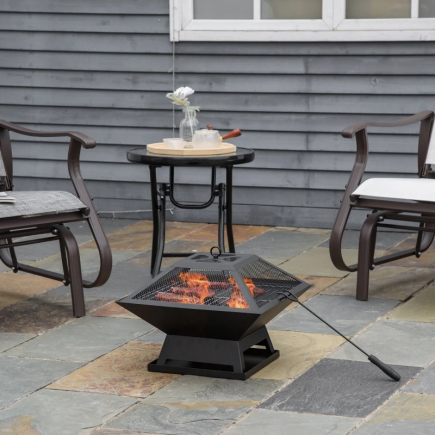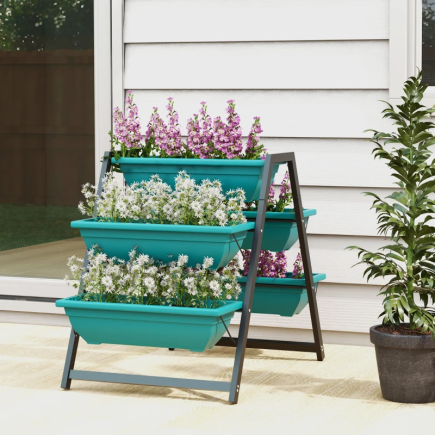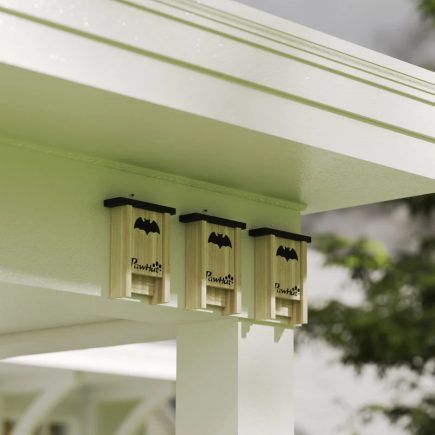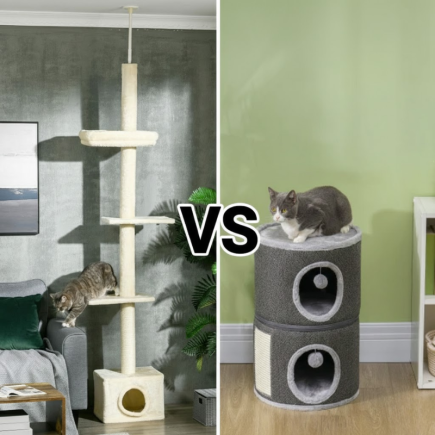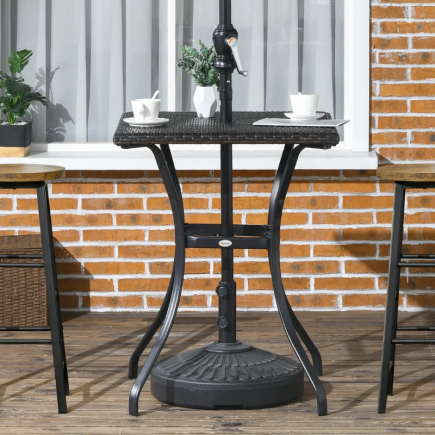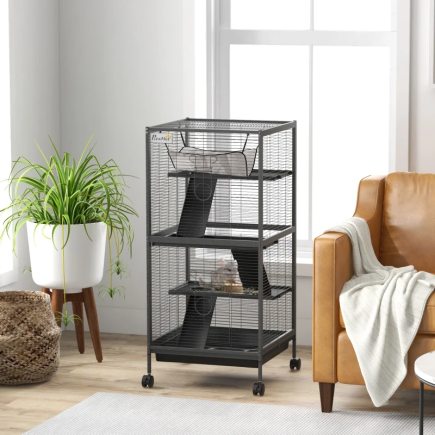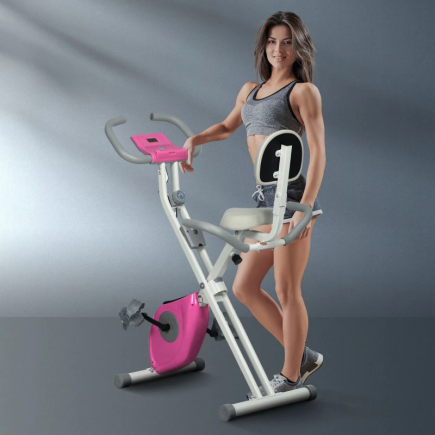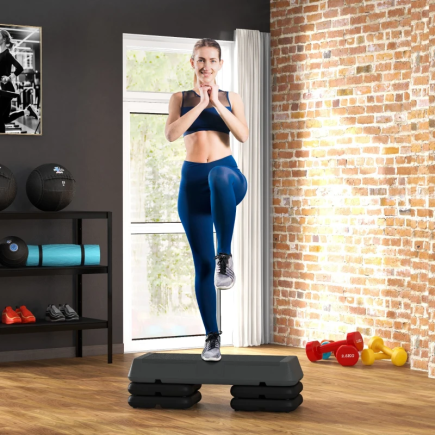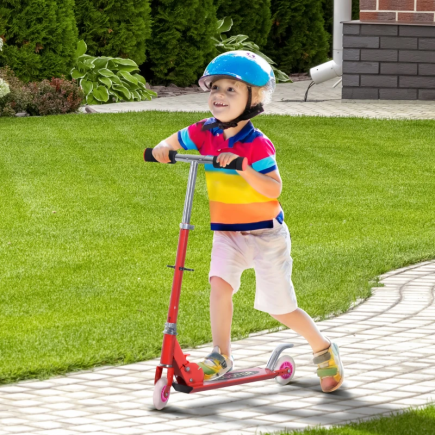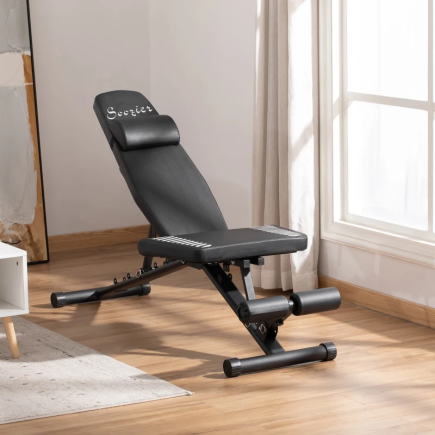
Selecting the perfect above-ground pool for your backyard is a significant decision that requires careful consideration of various factors, including the materials, installation process, and intended use. With so many options available, understanding the different types of pools and their key features is essential to making the right choice. Here’s a detailed guide to the top 8 types of above-ground pools, covering their unique attributes, advantages, and ideal use cases.
8 Types of Above-Ground Pools
Each type of above-ground pool offers distinct benefits and features. Here’s a breakdown of the most common options available today, helping you find the best one for your space, budget, and swimming needs.
1. Steel Frame Pools

Steel Frame Pools are a popular choice due to their strength and affordability. These pools feature galvanized steel frames that provide robust support for heavy use and offer long-lasting durability.
Key Features:
- Highly Durable: Ideal for families with children or heavy use.
- Corrosion-Resistant (with Maintenance): Galvanized steel resists rust, but periodic maintenance is needed to ensure long-term performance.
- Affordable: A cost-effective option for those seeking a strong, reliable pool.
Considerations:
- Regular maintenance is required to avoid rusting over time.
- Heavier frames can make installation more labor-intensive, requiring two people.
2. Resin Frame Pools

Resin frame pools are made from a combination of resin and fiberglass, offering enhanced durability and rust resistance. This modern option is perfect for those looking for a pool that can withstand outdoor conditions with minimal upkeep.
Key Features:
- Rust-Proof Construction: Resistant to corrosion, making it ideal for areas with high humidity or freezing temperatures.
- Lightweight and Durable: Easy to handle and install, with superior UV resistance.
- Low Maintenance: Requires less upkeep compared to steel frame pools.
Considerations:
- Higher initial cost than steel-frame pools.
- Larger models may require professional installation.
3. Aluminum Frame Pools

Aluminum frame pools combine the strength of metal with the rust-resistant qualities of resin, making them a great middle ground for durability and ease of installation.
Key Features:
- Rust-Resistant: Offers excellent protection against corrosion.
- Lightweight yet sturdy: Easy to install, with strong structural support.
- Modern Look: Sleek, contemporary designs that enhance your backyard’s aesthetic appeal.
Considerations:
- More expensive than steel frame options.
- Larger models might need professional setup.
4. Inflatable Pools

Inflatable Pools are the most budget-friendly and easy-to-install option. Made from durable PVC material, these pools are perfect for temporary use or smaller spaces.
Key Features:
- Affordable: The most budget-friendly choice for a small or temporary pool.
- Quick Setup: Can be inflated in no time with minimal tools.
- Portable: Easy to deflate and store away when not in use.
Considerations:
- Not as durable as other pool types and prone to punctures.
- Limited in size and depth, making them best for shallow water activities.
5. Above-Ground Pool Kits

Above-ground pool kits provide all the necessary components frame, liner, and pump system in one package. These kits are perfect for DIY enthusiasts who want to set up their pool without the cost of professional installation.
Key Features:
- Complete Setup: Comes with everything needed for installation, including the frame, liner, and pump.
- Customizable: Available in various shapes and sizes to suit your preferences.
- DIY-Friendly: Ideal for those who want to take on a hands-on project.
Considerations:
- Installation can be time-consuming and requires basic tools.
- Professional help may be necessary for larger or more complex setups.
6. Hybrid Pools

Hybrid pools are made from a combination of materials such as steel and resin or aluminum, providing a perfect balance of strength, rust resistance, and durability.
Key Features:
- Durable Construction: Combines the best properties of steel and resin for superior performance.
- Rust-Resistant: Performs well in various weather conditions and is resistant to corrosion.
- Aesthetic and Strong: Offers both beauty and longevity.
Considerations:
- More expensive than standard steel or resin pools.
- Installation can be slightly more complicated and may require expert assistance.
7. Semi-Inground Pools

Semi-inground pools are partially installed into the ground, combining the aesthetic appeal of an inground pool with the affordability of an above-ground pool. They’re a great choice for homeowners with uneven terrain.
Key Features:
- Customizable Depth: You can partially submerge the pool to create a more integrated look.
- Great for Sloped Yards: Can be installed in areas with uneven ground, offering more flexibility in design.
- Inground Look: Provides the visual appeal of an inground pool at a fraction of the cost.
Considerations:
- Requires excavation and may add to installation costs.
- Installation is more complex than traditional above-ground pools.
8. Saltwater Above-Ground Pools

Saltwater pools use a salt chlorinator to generate chlorine, offering a gentler and more sustainable swimming experience compared to traditional chlorine pools. This type of pool has become increasingly popular for its low-maintenance nature.
Key Features:
- Gentler on Skin: The chlorine generated by salt is less harsh on skin and eyes, making it ideal for sensitive swimmers.
- Low Maintenance: Requires fewer chemicals and is easier to maintain than chlorine pools.
- Eco-Friendly: Uses fewer synthetic chemicals, making it a greener option.
Considerations:
- Higher initial cost due to the saltwater system.
Now that you have a clear understanding of the different types of above-ground pools, it’s time to make your choice. Whether you’re looking for something simple and budget-friendly or a durable, high-performance pool, there’s an option that fits your needs. If you’re searching for the perfect pool, check out Outdoor Swimming Pools for an extensive selection.So, what are you waiting for? It’s time to dive into your backyard oasis!
FAQs
1. Which type of above-ground pool is the most durable?
Steel, resin, and aluminum frame pools are all highly durable. However, resin and aluminum frames tend to offer better rust resistance and overall longevity, especially in harsh climates.
2. Can I install an above-ground pool on uneven ground?
Yes, some pool types, especially semi-inground pools are ideal for uneven terrain. However, most above-ground pools require a flat, level surface for proper installation to avoid structural issues.
3. How long do above-ground pools typically last?
The lifespan of an above-ground pool depends on the material used. Steel frame pools generally last between 5 to 10 years, while resin and aluminum pools can last 10 to 15 years or more with proper care.
4. Are inflatable pools a good option for families?
Inflatable pools are a budget-friendly option, but they are generally smaller and less durable than other pool types. They are best suited for temporary or limited-use situations.
5. What’s the difference between saltwater and chlorine pools?
Saltwater pools use a salt chlorinator to generate chlorine, which is gentler on the skin and requires less maintenance compared to traditional chlorine pools. However, saltwater systems come with higher initial installation costs.



